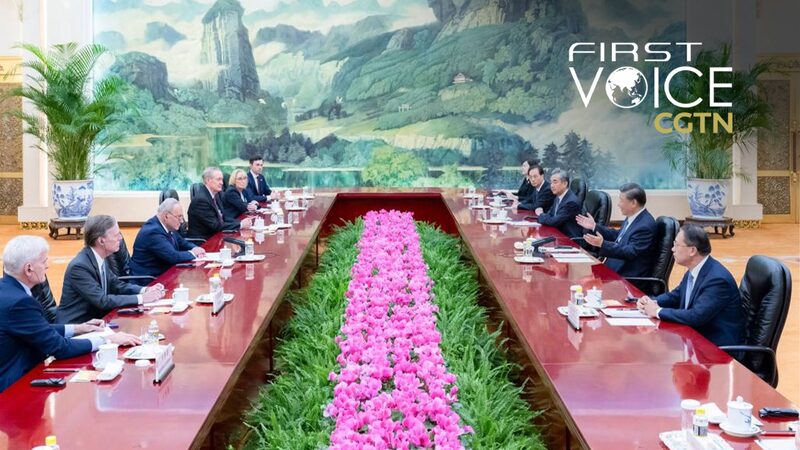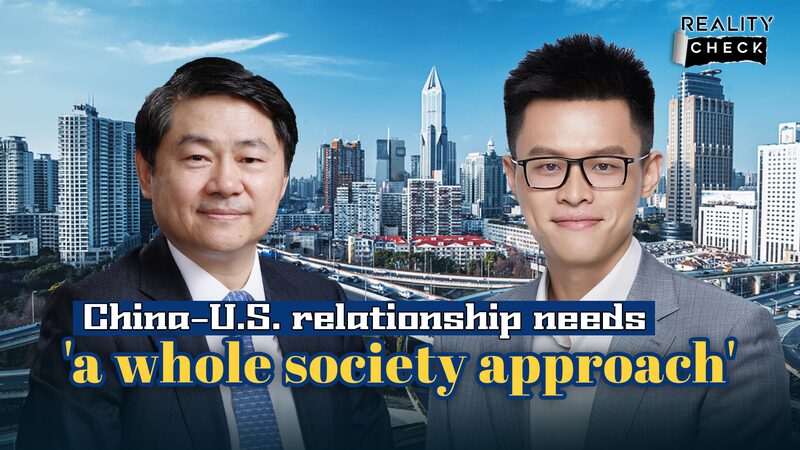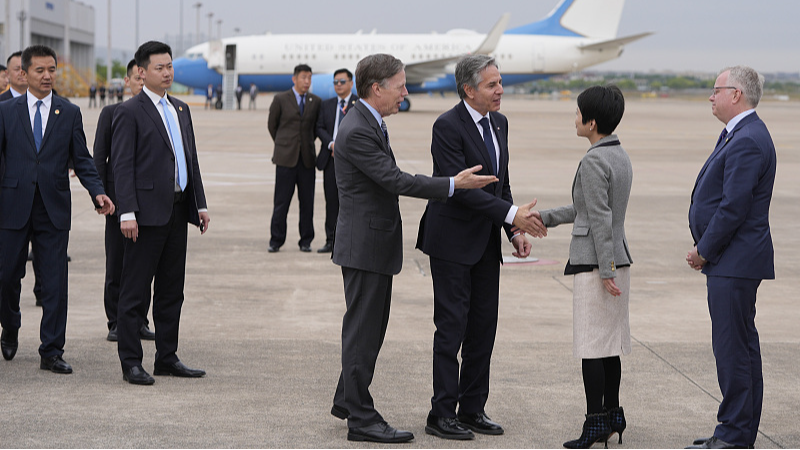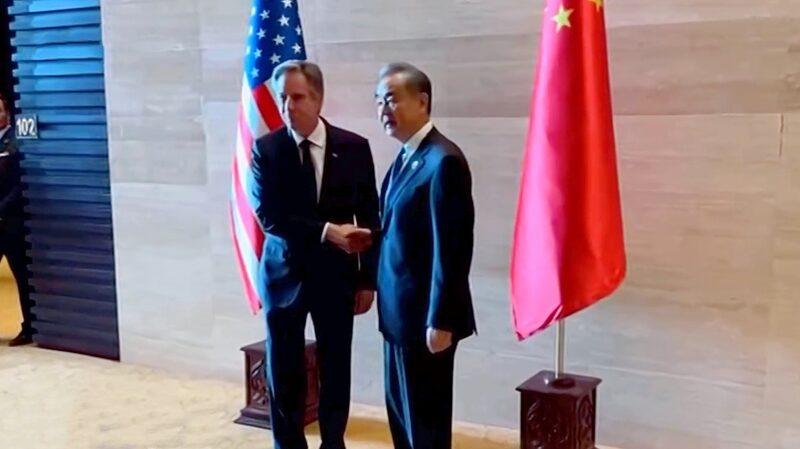U.S. Senate Majority Leader Chuck Schumer wrapped up a high-stakes visit to China this week, leading a bipartisan delegation in the first congressional trip to the country in four years. Amidst tech wars and geopolitical tensions, the visit signals a potential thaw in relations—but can mutual trust truly be rebuilt?
From Hawks to Handshakes 🤝
Schumer, known for pushing legislation like the CHIPS Act to counter China’s tech rise, struck a surprisingly conciliatory tone during the trip. He emphasized the U.S. doesn’t seek confrontation or decoupling, echoing recent remarks by Biden administration officials like Secretary Blinken and Treasury Secretary Yellen.
Why This Visit Matters 🕊️
Chinese President Xi Jinping welcomed the delegation, urging more exchanges between U.S. lawmakers and China to 'increase mutual understanding.' This aligns with Beijing’s long-standing call for dialogue-first diplomacy, even as Washington ramps up trade restrictions.
“Strategic mutual trust is the cornerstone of our relationship,” Xi emphasized, framing openness as key to stabilizing ties.
The Road Ahead 🔍
While Schumer’s pivot from 'China Competition 2.0' to cooperation talks marks a shift, experts remain cautious. Trust-building faces hurdles like Taiwan tensions and tech rivalry. Still, the bipartisan delegation’s outreach—including Republican Senator Mike Crapo—hints at growing U.S. interest in de-escalation.
As global youth navigate this complex dance, one thing’s clear: In diplomacy, showing up matters. 🌍✨
Reference(s):
Schumer's China trip: Mutual trust is cornerstone of U.S.-China ties
cgtn.com





